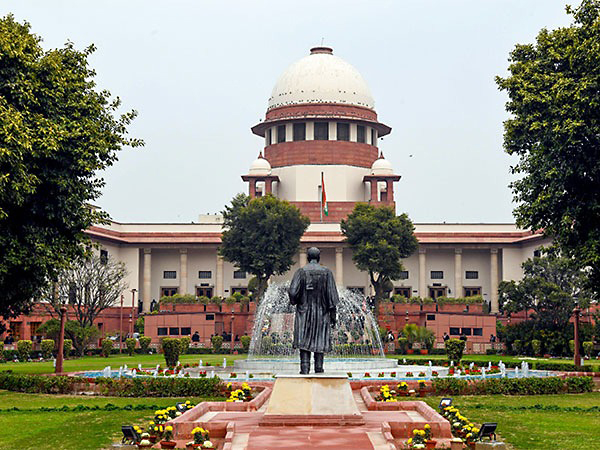Supreme Court Sidesteps Plea Against Waqf Act Amendments Amid Ongoing Review
The Supreme Court has declined to hear a challenge against aspects of the Waqf (Amendment) Act, 2025, as the case is under the Chief Justice's review. The Centre maintains the amendments focus on secular property management without violating constitutional religious freedoms.

- Country:
- India
The Supreme Court on Monday opted not to entertain a plea from Senior Advocate Rauf Rahim, which questioned certain provisions of the Waqf (Amendment) Act, 2025. Rahim's petition addressed other aspects of the Act, outside of 'Waqf by User,' which is pending review by the Chief Justice's bench.
A bench comprising Justices MM Sundresh and Rajesh Bindal chose not to comment, noting that the matter is scheduled before the Chief Justice. The senior counsel retains the option to present his case to the appropriate authorities as needed.
In April, the Centre submitted a preliminary affidavit to dismiss the petitions challenging the Waqf Act's constitutional validity. According to the Centre, the amendments regulate the secular management aspects of waqf properties without infringing on religious rights as per constitutional Articles 25 and 26.
The Centre's stance is that removing statutory protections for a Waqf-by-user does not prevent waqf creation. Furthermore, they emphasized that Muslims would not become a minority in the Central Waqf Council or Boards, with a limited non-Muslim membership.
The Centre's affidavit addressed concerns that the Act discriminates against the Muslim community. It assured the Supreme Court that contested provisions, including non-Muslim inclusion and property de-notification, won't take effect immediately, while no appointments to the Waqf bodies will proceed.
(With inputs from agencies.)










